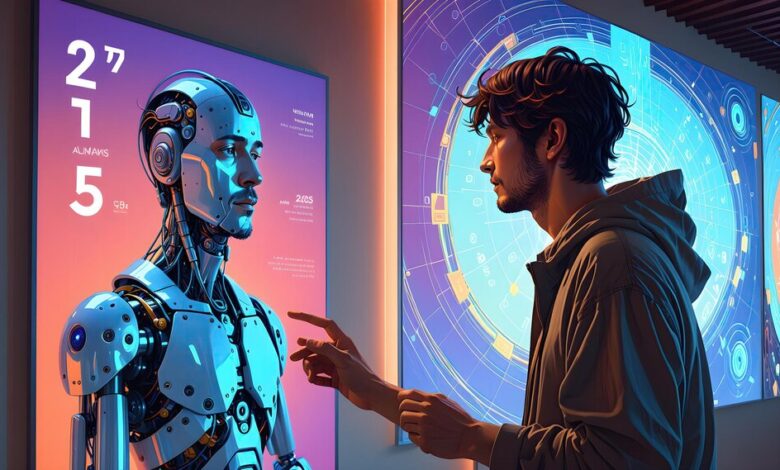
The evolution of artificial intelligence (AI) in gaming has been nothing short of a monumental leap from its rudimentary ancestors. In 2024, we stand on the cusp of revolutionizing how gamers interact with virtual worlds, thanks mainly to the groundbreaking advancements in realistic character AI. This article explores the sophisticated technology driving this transformation, its current applications in gaming, and what its future holds for the industry.
The Evolution of AI in Gaming
Gaming AI has evolved from simple, predictable patterns to complex, decision-making entities that learn from player interactions. Initially designed to enhance playability without overwhelming the player, AI has now moved towards creating a more immersive experience. The quest for realism has led developers and tech enthusiasts on a relentless pursuit, culminating in the emergence of realistic character AI in 2024, an era where characters not only think but adapt and evolve.
Understanding the Current State of Character AI
Before 2024, character AI in video games was often scripted, with characters having a limited range of responses and actions. These limitations sometimes broke the immersion, reminding players that they were, after all, interacting with a program. Despite advancements like procedural generation and basic learning algorithms, the quest for a truly lifelike AI companion or antagonist in games remained elusive.
The Breakthroughs of 2024
The year 2024 brought with it a series of technological breakthroughs that have changed the course of character AI development. Thanks to advances in machine learning, neural networks, and computing power, developers can now create characters that learn in real-time, exhibit emotions, and make unpredictable, yet logical, decisions that mimic human behavior more closely than ever before.

Real-World Applications
The implications of these technologies are already being felt in games and simulations. For instance, open-world RPGs now feature NPC (non-player characters) with unique personalities, memories, and the ability to form relationships with players based on their interactions. Simulation games benefit from characters that can adapt to complex scenarios, offering players a new level of challenge and engagement.
Future Implications
The potential impact of realistic character AI extends far beyond making games more fun or challenging. This technology could revolutionize storytelling, enabling dynamic narratives that adapt to the player’s choices in real-time, creating a personalized gaming experience. Additionally, the educational and training sectors could leverage these AI characters for more effective simulations and scenario-based learning.
The Technical Side
At the heart of realistic character AI are advanced machine learning algorithms and neural networks that process vast amounts of data to simulate human-like thought processes and decision-making. These AI characters are designed to learn from each interaction, allowing them to evolve their behavior over time. Developers utilize these technologies not just to script responses, but to imbue their creations with the ability to comprehend context, interpret emotions, and react in a nuanced and complex manner.
Challenges and Ethical Considerations
Despite the exciting prospects, the journey towards realistic character AI is not without its challenges. The increased realism raises ethical questions regarding the attachment to non-real entities and the potential for AI to learn undesirable behaviors. Additionally, the computational demands of these sophisticated systems pose a significant hurdle, requiring continuous advancements in hardware and software optimization techniques.

Conclusion
The technological strides made towards realistic character AI in 2024 represent a pivotal moment in gaming and digital interaction. By bridging the gap between artificial and human intelligence, these advancements promise a future where games offer not just entertainment, but experiences rich with emotional depth and unrivaled realism. As we continue to explore the potential of realistic character AI, it is clear that the technology will play a significant role in shaping the future of interactive media. The game has indeed changed – the characters we once saw as mere bits of code now have the potential to become as complex and unpredictable as any human counterpart.



